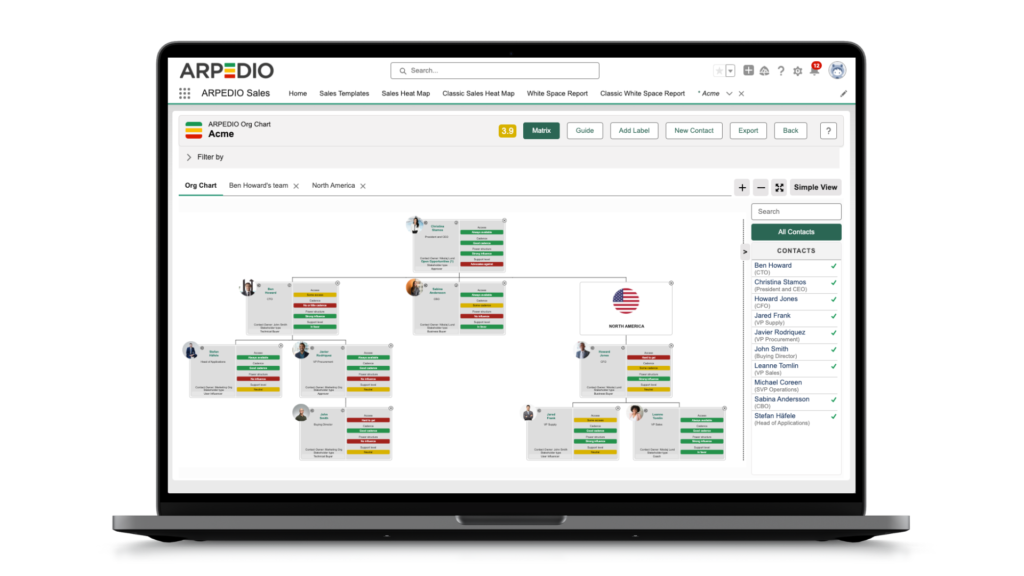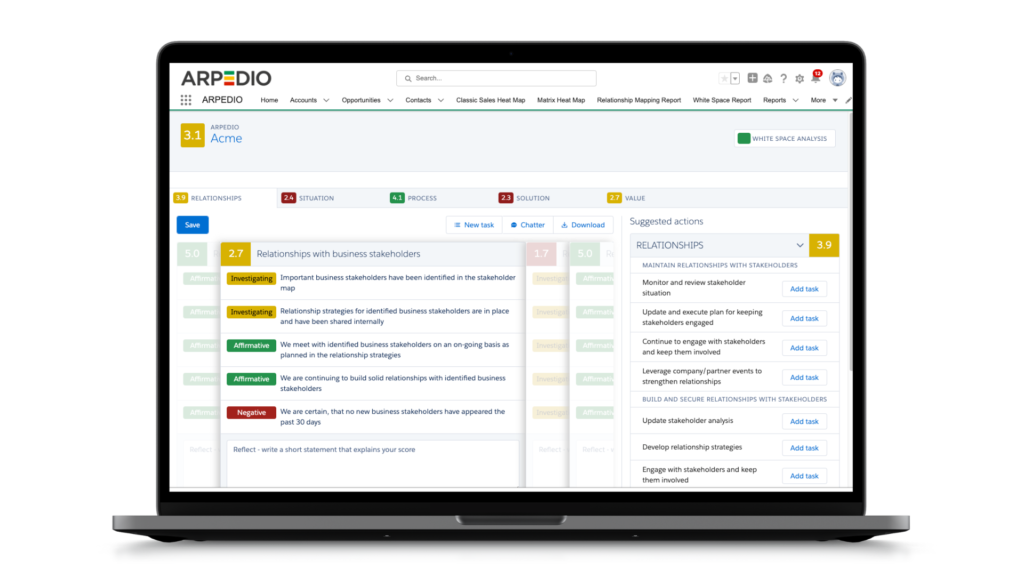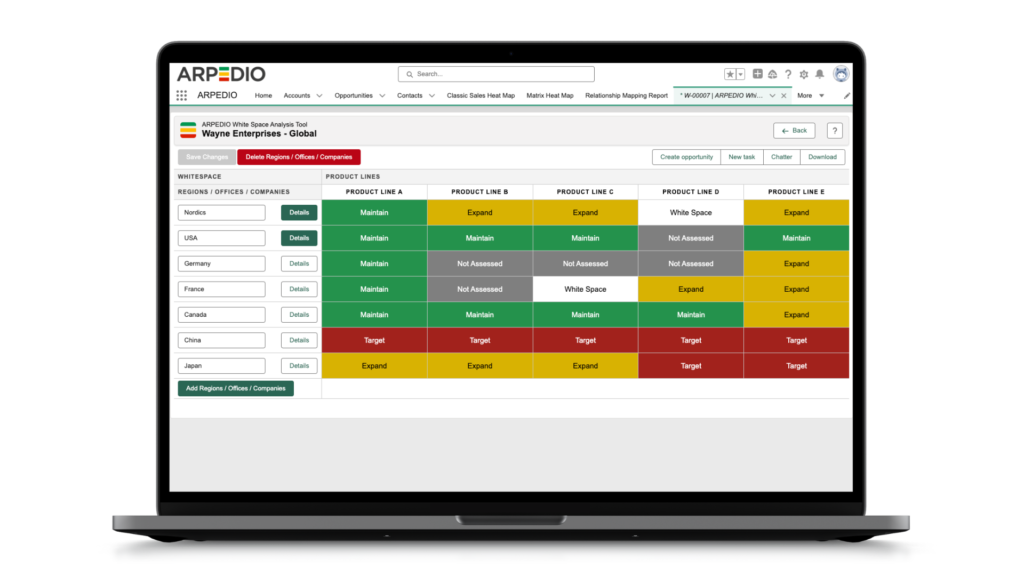What is Key Account Management?
Key Account Management (KAM) is a strategic approach to managing and nurturing relationships with a select group of high-value customers or clients, known as key accounts. These key accounts typically represent a significant portion of a company’s revenue and strategic importance. Key Account Management focuses on building strong, long-term partnerships with these accounts to maximize customer satisfaction, retention, and revenue growth.
Key elements of Key Account Management include:
Identification of Key Accounts: Companies identify key accounts based on criteria such as revenue contribution, strategic importance, growth potential, and alignment with the company’s goals and values.
Understanding Customer Needs: Key Account Managers (KAMs) conduct in-depth analyses to understand the unique needs, challenges, and goals of each key account. They develop a deep understanding of the customer’s business, industry, and competitive landscape.
Customized Solutions: KAMs work closely with key accounts to develop customized solutions and offerings that address their specific needs and objectives. This may involve collaborating with cross-functional teams within the company to deliver value-added products, services, or solutions.
Relationship Building: Key Account Management emphasizes building strong, trust-based relationships with key stakeholders within the customer organization. KAMs serve as strategic advisors, fostering open communication, providing expert guidance, and demonstrating a commitment to the customer’s success.
Strategic Planning: KAMs develop comprehensive account plans that outline strategic objectives, goals, and action steps for each key account. These plans serve as roadmaps for aligning the company’s resources and efforts with the customer’s priorities.
Continuous Improvement: Key Account Management is an ongoing process that requires regular monitoring, evaluation, and adjustment. KAMs continuously assess customer satisfaction, identify opportunities for improvement, and adapt their strategies to evolving customer needs and market conditions.
Overall, Key Account Management is essential for driving customer loyalty, retention, and revenue growth in B2B (business-to-business) relationships. It requires a combination of strategic thinking, relationship-building skills, and a customer-centric approach to deliver value and achieve mutual success.











